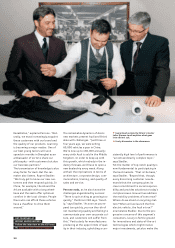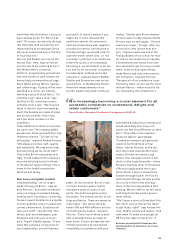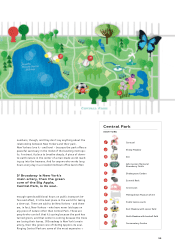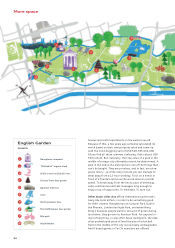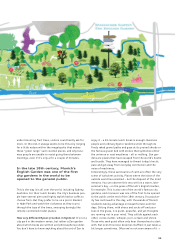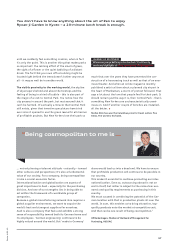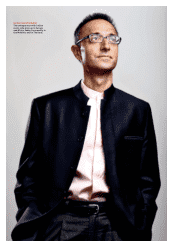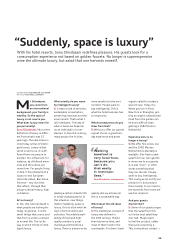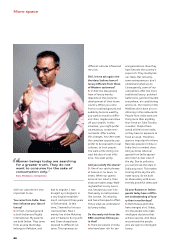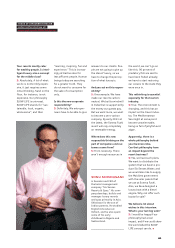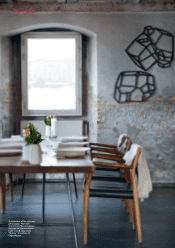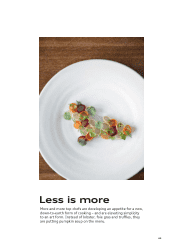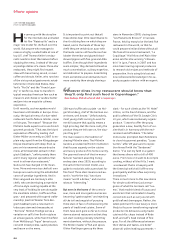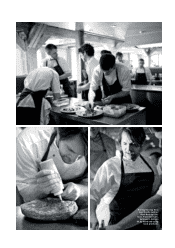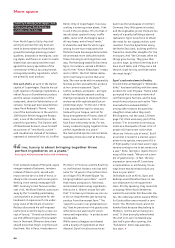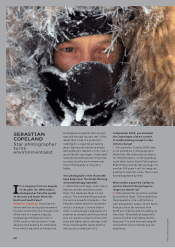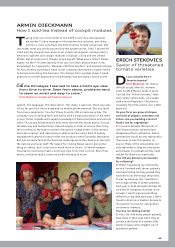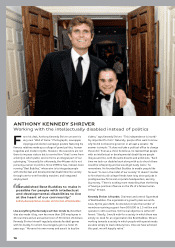Audi 2009 Annual Report Download - page 63
Download and view the complete annual report
Please find page 63 of the 2009 Audi annual report below. You can navigate through the pages in the report by either clicking on the pages listed below, or by using the keyword search tool below to find specific information within the annual report.
6060
with our customers is very
important to me.
You come from India. Does
that influence your idea of
luxury?
S: In fact, my background
is both Indian and highly
international. My parents
are both Indian. They come
from an area that today
belongs to Pakistan, and
had to migrate. I was
brought up in England, in
a very English establish-
ment, and spent three years
in Switzerland. In this
time, I learned to live as a
cosmopolitan. Now I
mainly live in the Maldives
and in Thailand. So my wife
and I have always been
exposed to different cul-
tures. This openness to
different cultures influenced
me a lot.
Still, let me ask again: Are
the ideas Indians have of
luxury different from those
of Western customers?
S: I think the idea people
have of luxury mainly
depends on the economic
development of their home
country. When you come
from a rural background and
suddenly become wealthy,
you want to travel to differ-
ent cities, maybe even show
off your wealth. In this
situation, you might prefer
ostentatious, ornate envi-
ronments. After a while,
this changes. You then want
the complete opposite; you
prefer to be exposed to local
cultures, to local people.
You want a fine dining con-
cept but also a local influ-
ence. You want purity.
And you satisfy this desire?
S: One of our catch phrases
at Soneva is: no news, no
shoes. When our guests
arrive at our resorts, their
shoes are taken away. Walk-
ing barefoot is very luxuri-
ous, because you can’t do
that easily in metropolises
like London. It’s relaxing
and has a therapeutic effect.
This is what we understand
by luxury today.
Do the newly rich from the
BRIC countries follow you
in that?
S: There are people in India
who have been rich for sev-
eral generations. Now they
have become the country’s
super rich. They mostly like
our ideas. But certainly,
some entrepreneurs don’t
understand what we do.
Consequently, some of our
competitors offer the more
traditional luxury: polished
bathrooms, gold and marble
everywhere, air conditioning
and so on. Our resorts in the
Maldives don’t have air con-
ditioning in the restaurants.
People from cities want one
thing more than anything
else: fresh air. Take Toronto
in winter: People there
spend all their time inside,
so they have no exposure to
fresh air at all. Therefore,
space is important for them.
Business people in China or
India live in crowded cities.
And you know what our
guests from India appreci-
ate most? A clear view of
the sky. Due to pollution,
you cannot see the stars in
India any more. This makes
looking at the sky the ulti-
mate luxury. So we built
an observatory with an ex-
tremely powerful telescope.
So your Russian or Indian
guests today have a differ-
ent understanding of luxu-
ry than in earlier days?
S: Both Russia and India
have changed a lot. Today,
it is the people who make
intelligent decisions that
achieve success. And these
are precisely the people
who are open to intelligent
luxury.
“
Human beings today are searching
for a greater truth. They do not
want to consume for the sake of
consumption only.”
Sonu Shivdasani, entrepreneur
More space


